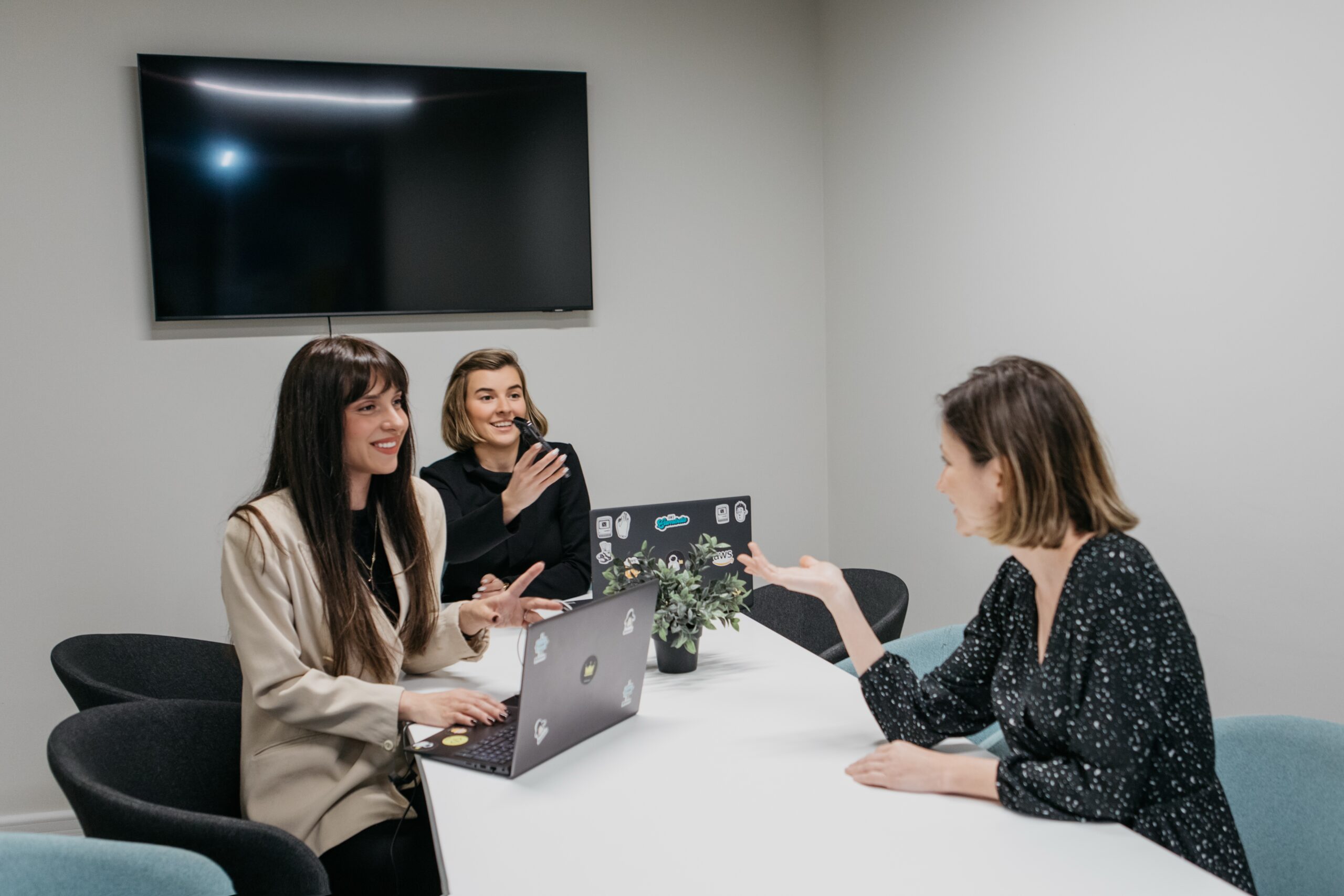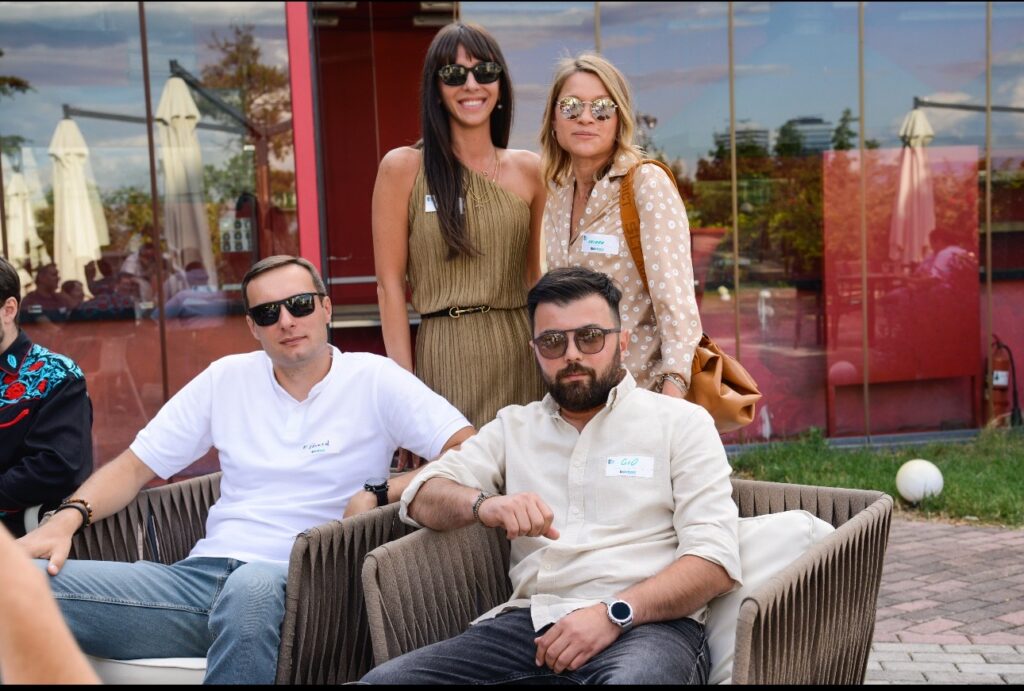How to get into DataArt Georgia: HR recommendations

In our new interview series, the HR specialist from DataArt Georgia shares recommendations and insights to help you successfully prepare for interviews, understand the specifics of technical assessments, and explore career growth opportunities within the company.
Salome Melkadze, Tbilisi city, Head of HR department in DataArt Georgia, LinkedIn
About yourself
I have over 10 years of experience in human resources, with the last 6 years focused on the global IT services industry. My background includes talent acquisition, employee relations, and strategic HR planning. I am passionate about building positive workplace cultures and aligning HR strategies with business goals. I like to think of myself as both people-focused and results-driven.

About the company and hiring process
The hiring process typically begins with resume screening, followed by a recruiter interview and an English communication check. Then come the project interview and one or more technical interviews, which may include a test or live coding. The final step is a client interview or a team fit conversation. If everything goes well, we move forward with an offer.
Matching every job requirement listed in a vacancy is helpful, but not always essential. If you have strong potential or relevant transferable skills, we still encourage you to apply, even if you do not tick every box.
Candidates without direct professional experience can still be hired if they demonstrate strong initiative through personal projects or hold industry-recognized certifications. Well-developed personal projects and industry-recognized certifications can make a strong case, especially if they show initiative and real-world skills.
Soft skills are assessed throughout the process using behavioral questions, situational tasks, and team interviews. We pay close attention to communication, adaptability, teamwork, emotional intelligence, and how candidates approach problem-solving.
Interview preparation
Common resume mistakes and technical interview preparation:
- Listing outdated or irrelevant technologies.
- Using generic job descriptions instead of specific achievements.
- Poor formatting or grammar mistakes.
- Not giving enough detail on projects and responsibilities.
To prepare for a technical interview, candidates should review core concepts and algorithms relevant to their field, practice coding regularly, and be ready to clearly explain their previous projects and technical decisions. Engaging in mock interviews or pair programming with peers can also help build confidence and improve performance.

Technical interview process
The technical interview process usually involves several stages.
- An online coding test or take-home assignment — optional.
- A live coding session with an interviewer.
- A system design interview — usually for mid-level or senior roles.
- A technical deep dive into your past projects and technical decisions.
During interviews, key skills being assessed include problem-solving and algorithmic thinking, code quality and performance, understanding of data structures and core concepts, proficiency with relevant tools and frameworks, and system design capabilities for more experienced roles. Communication and teamwork are also evaluated, especially in collaborative problem-solving scenarios.
The part of the interview candidates most often find the hardest is live coding under time pressure, particularly if they are not accustomed to thinking out loud. System design interviews also pose a challenge, as they demand both deep technical expertise and broad architectural understanding.
If a candidate does not pass the interview, they are typically welcome to reapply after six months. That gives candidates time to improve and come back stronger. Sometimes we provide specific feedback and a suggested timeframe for reapplying.
Career growth and development
The company strongly supports continuous learning and professional development. Our employees have access to:
— personalized development plans
— regular feedback and performance reviews
— online learning platforms, certifications, and conferences
— opportunities to take on new challenges or switch teams.
The company offers a structured mentorship and internal training program to support new team members. Newcomers are paired with experienced mentors for three months and follow a tailored development plan. Senior team members also have opportunities to grow by becoming mentors. Additionally, the company hosts internal workshops, tech talks, and provides access to platforms like Udemy.

Pro tips from HR
Tips for IT specialists preparing for an interview:
- Come prepared: understand the role and review key topics.
- Be ready to explain your own work clearly.
- Think out loud during coding — we want to hear your thought process.
- Ask smart questions about the team and the company.
- Be honest. If you do not know something, explain how you would approach learning it.
How to avoid common job search mistakes
- Do not use the same resume for every job — tailor it to the role.
- Double-check grammar, formatting, and links.
- Do not list every tech you have ever heard of — highlight what you are actually good at.
- Follow the instructions in job postings carefully.
- Communicate professionally — even if you decide not to continue with the process, let us know.
